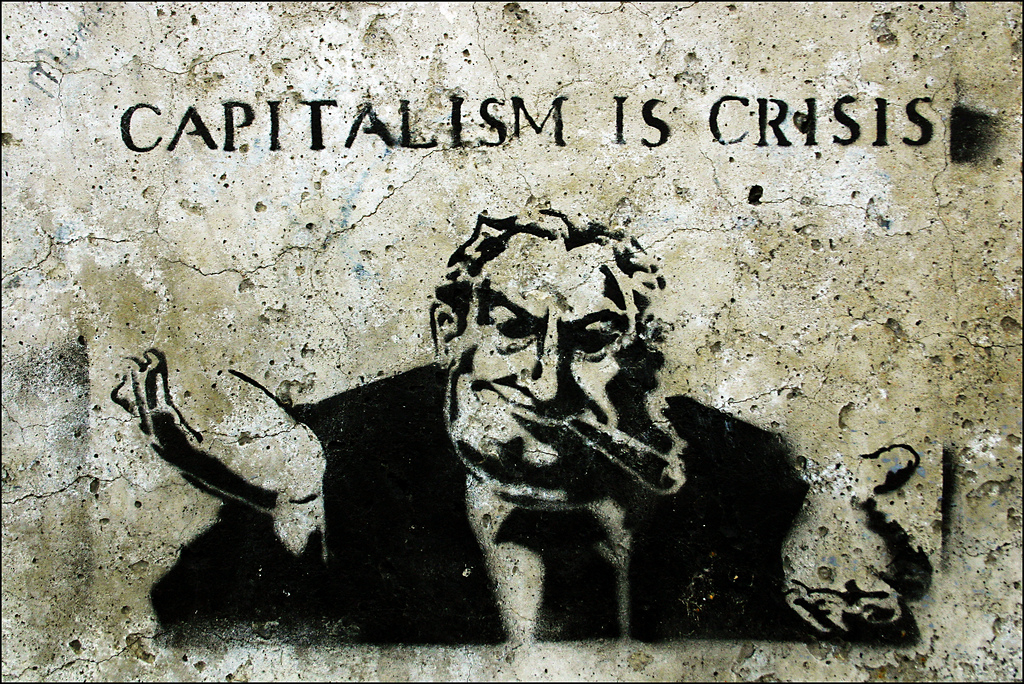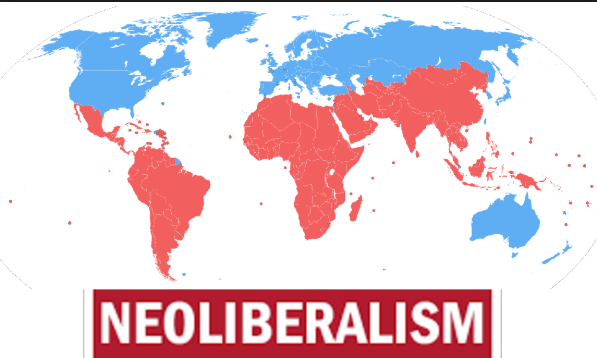*Capitalism is a complex, dynamic, adaptive and non-linear system because it has elements or agents in large numbers that interact with each other – forming one or more structures that originate from the interactions between such agents.
Complex systems are characterized by their dynamism, whose fundamental characteristics are their sensitive dependence on the initial conditions, whereby minimal differences at the beginning of any process can lead to completely different and/or opposite situations over time. The opinion of Ervin Laszlo, Ph.D. of the Sorbonne and president of the Budapest Club, presented in the book O Ponto do Caos (The Point of Chaos), is that a dynamic system, in society or in a computer simulation, is governed by attractors. Keep Reading


